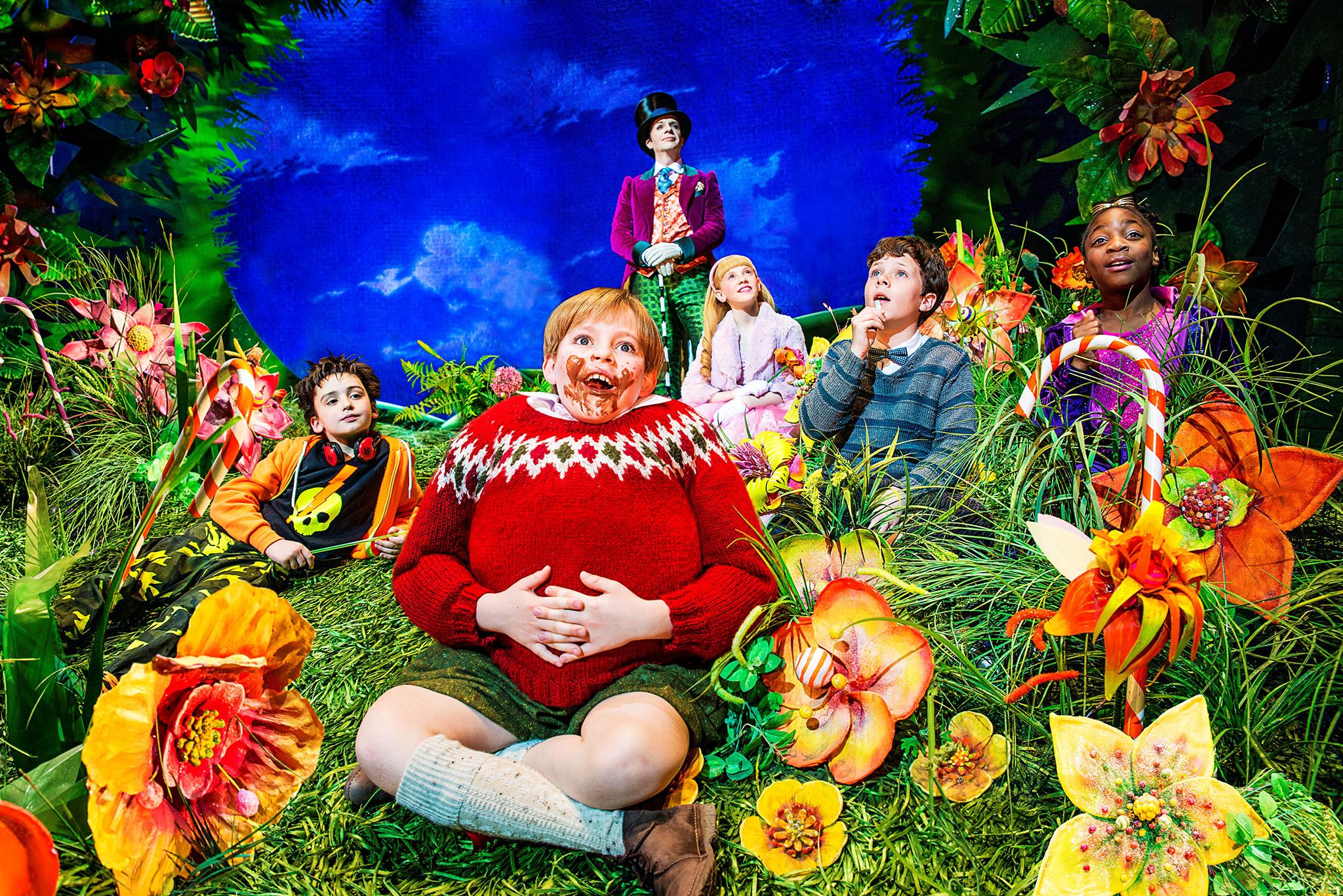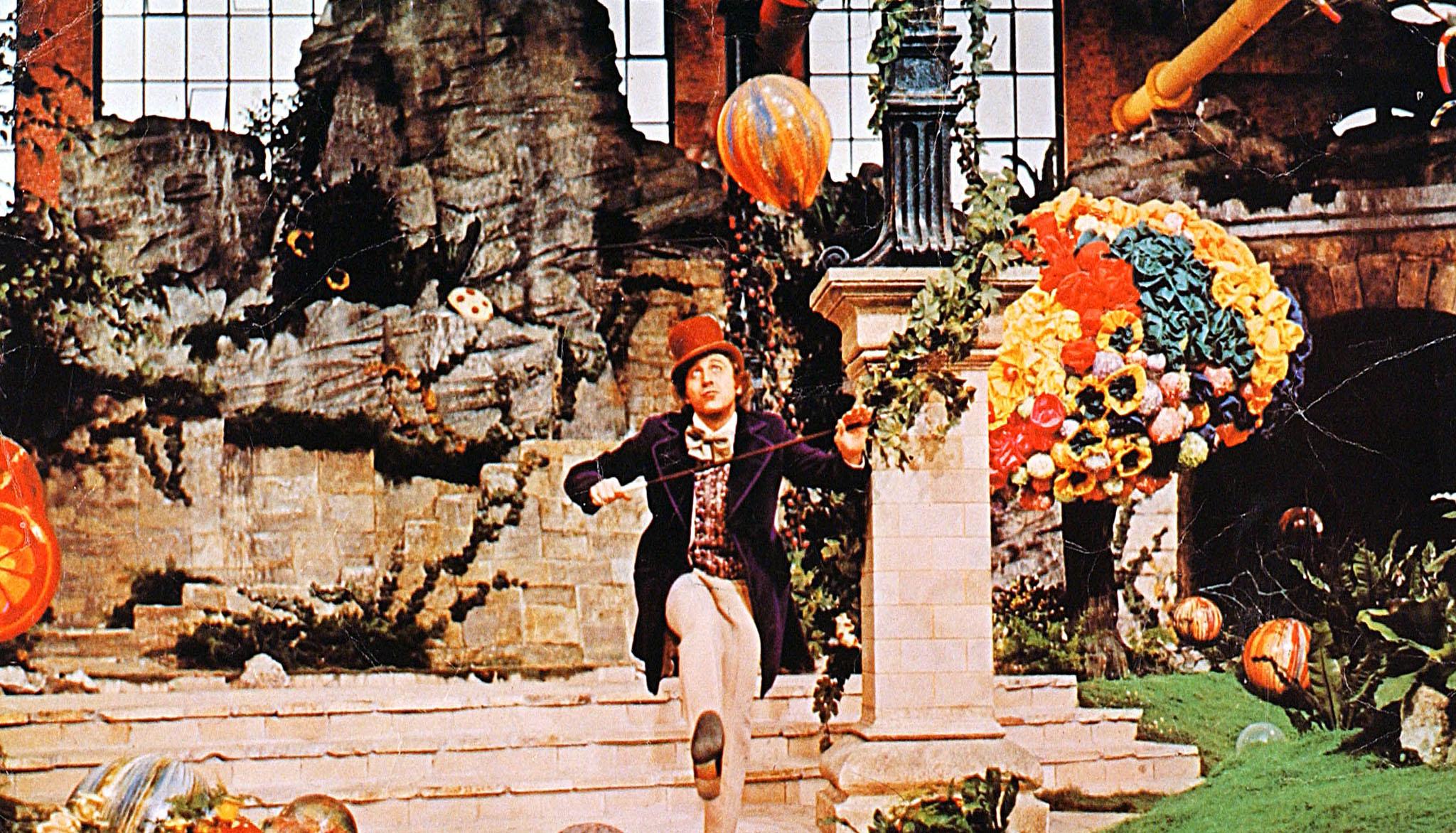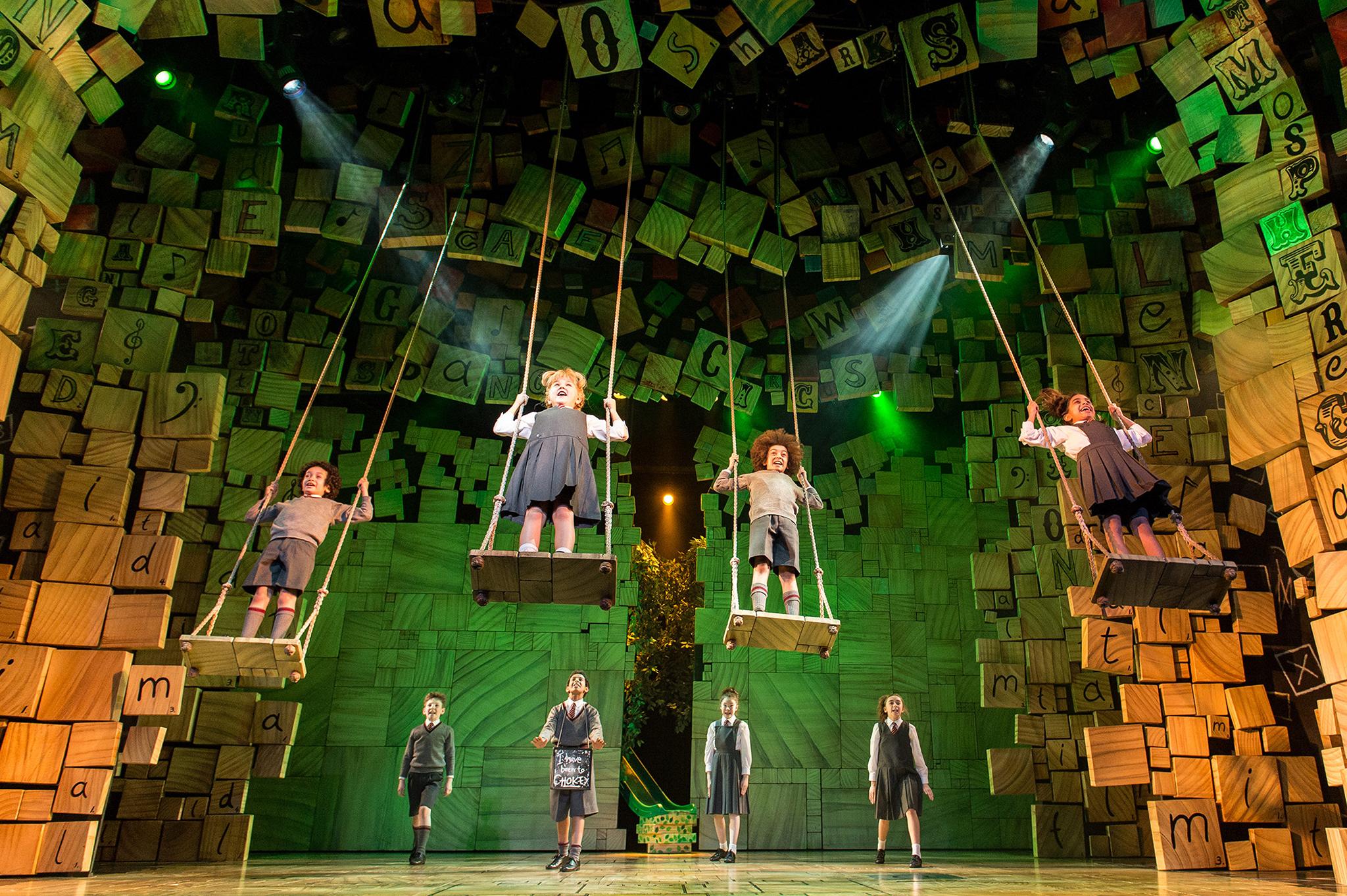In his centenary year, Roald Dahl is everywhere - but should kids just go back to the books?
His stories might seem like a golden ticket, but endless stage and screen versions risk over-exposure

Your support helps us to tell the story
From reproductive rights to climate change to Big Tech, The Independent is on the ground when the story is developing. Whether it's investigating the financials of Elon Musk's pro-Trump PAC or producing our latest documentary, 'The A Word', which shines a light on the American women fighting for reproductive rights, we know how important it is to parse out the facts from the messaging.
At such a critical moment in US history, we need reporters on the ground. Your donation allows us to keep sending journalists to speak to both sides of the story.
The Independent is trusted by Americans across the entire political spectrum. And unlike many other quality news outlets, we choose not to lock Americans out of our reporting and analysis with paywalls. We believe quality journalism should be available to everyone, paid for by those who can afford it.
Your support makes all the difference.When news broke of the death of Gene Wilder, the image that kept cropping up was of the actor as the fabulously twinkly, slightly menacing Willy Wonka. Because the 1971 musical movie of Roald Dahl’s classic children’s book – Charlie and the Chocolate Factory – is burned deep into our collective conscious. Its blend of wonder and terror, so brilliantly embodied by Wilder, seemed for several generations the ultimate expression of Dahl’s pure imagination.
Of course, the writer himself hated the film. Didn’t approve of the casting. Didn’t like the changes to the title, and definitely didn’t like the changes to the plot.
What on earth would he make of 2016’s bumper crop of adaptations of his work then? This 13 September is the centenary of the British writer’s birth, and the estate has authorised a wealth of events, tie-ins, promotions and new adaptations of his books. Their impressive and/or insane ambition is to get every child in the world to interact with a Dahl story, according to The New York Times, who also reveal there are no fewer than 23 TV, film and stage productions currently in development.
But is this a scrumdiddlyumptious Dahl feast, or a lot of whizzpopping hot air? A wide-reaching celebration of his storytelling, or simply a distraction from what’s unique and ultimately unreplicable about his books?

Money-men seem to have decided Roald Dahl is a gold ticket for source material, guaranteeing a hit – but things don’t always run as smooth as you might expect. Steven Spielberg’s recent big-screen version of The BFG was a commercial flop, even if Mark Rylance warmed the hearts of critics.
James and the Giant Peach looks set to be next in line for the Disney live-action treatment – with a script by Nick Hornby, and Sam Mendes at the helm. Perhaps that’ll help ease a snub: Mendes directed the musical version of Charlie and the Chocolate Factory, still running in the West End until January, despite lukewarm critical responses. But when it heads to Broadway, it will be substantially reworked, with Jack O’Brien taking over directorial duties. Meanwhile the Royal Court’s take on The Twits last year baffled both children and critics alike, with a batty new version by Enda Walsh.
Yes, there was the runaway, international success of Matilda the Musical, the Royal Shakespeare Company’s Tim Minchin-scored smash. That arguably reignited interest in Dahl’s oeuvre – certainly when it comes to stage adaptations, of which there are many. So very many. So many, in fact, that Dahl’s wild and roguish tales begin to look a bit, well, like the safe and timid option for filling a family-friendly slot.
This year we’ve had a tour of The Witches, a children’s company Polka Theatre doing James and the Giant Peach, and a new Fantastic Mr Fox is set to open at the Nuffield Theatre in Southampton in November. National Theatre Wales are staging a whole weekend of events and shows in public spaces across Cardiff (17 and 18 September) to celebrate its famous son in Roald Dahl’s City of the Unexpected. The Edinburgh Fringe recently boasted both Wonderman, a macabre outing based on his grown-ups stories, and The Hogswallops, a circus piece inspired by The Twits.
That horrid pair do seem especially stimulating for theatre-makers: a new version comes to Leicester’s Curve this Christmas, while opening in London this week is Dinner at The Twits. A collaboration between immersive theatre troupe Les Enfants Terribles and ‘gastronomic wunderkinds’ (and PR whizzes) Bompas & Parr, it’s a theatrical feast featuring nettle and thistle-infused Aperol cocktails and an ale specially fermented from a swab of Dahl’s own writing chair.
Is that a suitably sick and twisted realisation of his gruesome stories, or the sort of childhood-nostalgia meets foodie hipster-baiting that would have Dahl rolling in his grave? We shall see. With the top tickets costing a leg-stretching £111.50, it certainly feels a long, long way from curling up with a book.
Still, no adaptor should ever be too in hock to their source material or its author – the best fresh versions of familiar stories always find new ways to tell them in their own medium. This was what Matilda the Musical did so well, not only bringing to life Dahl’s beloved characters, but also gloriously playing with the possibilities of theatre, and of song, to make the story feel sharp, crisp, and tartly new.

The problem comes when the source material just starts to look like a great big chocolate fountain that can be drunk from at will and without wit (which never ends well – just ask Augustus Gloop). Times are tough, and theatres – and cinemas – more than ever fall back on the familiar as a way to shift tickets. But Dahl’s dark, singular imagination doesn’t always hit the sweet spot when translated into a different medium; it needs a very canny adaptor to turn his often erratic stories into a substantial enough story arc while not melting them into a sickly, sentimentalised goop or an over-stylised high-gloss confection.
Or – worst of all – making them seem like the safe, over-familiar, boring option. Who would have predicted ten years ago that Mr and Mrs Twit would seem over-exposed? That a wealth-redistributing fox could seem like a cash-in?
I have loved adaptations of Dahl books over the years: hands up, I preferred the Willy Wonka film to the Charlie book as a kid (I’m also still too scared to finish watching the film of The Witches, but that’s an issue that maybe belongs in a different article). I have a soft spot for Wes Anderson’s rackety Fantastic Mr Fox. I loved Matilda the Musical, and hooted at the Royal Court's The Twits.
It’s a laudable aim to get Dahl’s strange, scary, moral, humane stories experienced by children round the world – and, if they're mischievous and magical enough, TV, film and stage versions are a really valid way to achieve that. One of my first ever experiences of going to the theatre was a play of Matilda in Cardiff in the early nineties; I already loved the book, but it helped me fall in love with the theatre too. I hope – I’m sure! – many recent adaptations are having similar effects on young audiences.
But, as a child, even better was surely re-reading The Magic Finger for the hundredth time, being inspired by George’s Marvellous Medicine to make my own (sorry about the bath salts, mum), and spending schooldays convinced I probably could move chalk around with my mind. Adaptations are an outward expression and reinterpretation, and they can be an utter joy – but the books take you inwards. I remember basically devouring Matilda (a book about the joy of books); crawling inside it and living it myself, again and again.
I do wonder if, in this centenary year, instead of licensing big-ticket Broadway shows and big-budget Disney movies, it might be better to simply give every child a copy of one of his books. As Gene Wilder might’ve sung, then they’ll be in a world of pure imagination.
Join our commenting forum
Join thought-provoking conversations, follow other Independent readers and see their replies
Comments